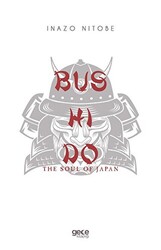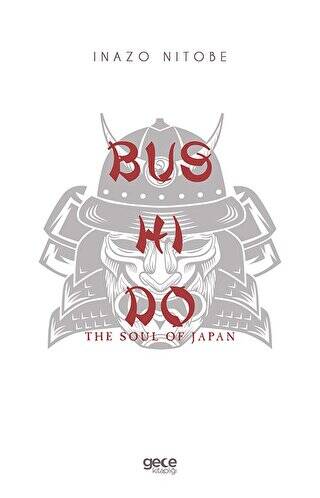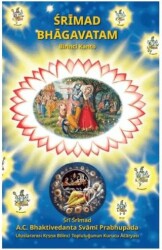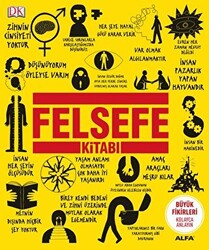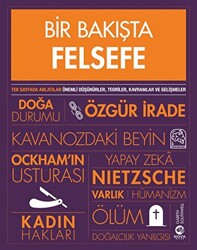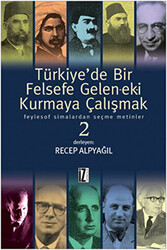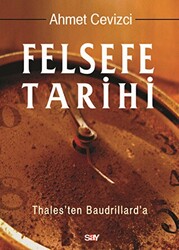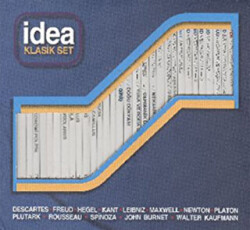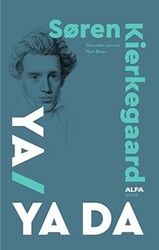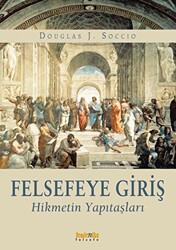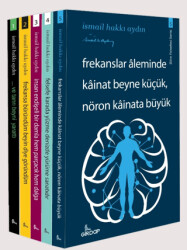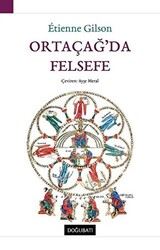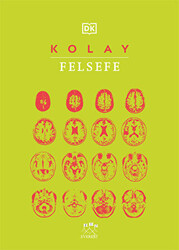“...Bushido made light of knowledge as such. It was not pursued as an end in itself, but as a means to the attainment of wisdom. Hence, he who stopped short of this end was regarded no higher than a convenient machine, which could turn out poems and maxims at bidding. Thus, knowledge was conceived as identical with its practical application in life; and this Socratic doctrine found its greatest exponent in the Chinese philosopher, Wan Yang Ming, who never wearies of repeating, “To know and to act are one and the same...”
Yayınevi
:
Gece Kitaplığı
Yazar
:
Inazo Nitobe
Barkod
:
9786257462464
Boyut
:
14x21
Sayfa Sayısı
:
96
Cilt Tipi
:
Ciltsiz
Kağıt Cinsi
:
2. Hamur
Basım Yılı
:
2021
Cep Boy
:
Hayır
2. Hamur
Yorumlar
Sonuç bulunamadı.
Bu Yazarın Diğer Kitapları
